Description
Citric Acid: The Unsung Hero of Your Pantry, Home, and Even Your Body
Citric acid. We see it on ingredient lists, hear it in chemistry lessons, and probably even taste it daily without giving it a second thought. But this seemingly simple compound is a versatile powerhouse, playing a crucial role in everything from food preservation to household cleaning, and even powering the cells in your body.
A Tart History and Natural Abundance:
First isolated from lemon juice by Carl Wilhelm Scheele in 1784, citric acid derives its name from the Latin word “citrus.” True to its name, it’s naturally abundant in citrus fruits like lemons, limes, oranges, and grapefruits, lending them their distinctive tartness. However, while citrus fruits remain a natural source, most commercially produced citric acid is manufactured through a fermentation process involving the mold Aspergillus niger. This process is far more cost-effective and allows for large-scale production to meet the ever-growing demand.
Beyond the Lemonade Stand: Citric Acid in Food and Beverage:
Citric acid is a common food additive, approved for safe use by regulatory agencies worldwide. You’ll find it listed as an ingredient in a vast array of products, playing several key roles:
- Flavor Enhancer: Its characteristic sour taste enhances the flavor profile of foods and beverages, providing a refreshing tang to sodas, candies, jams, and even certain cheeses.
- Preservative: Citric acid inhibits the growth of bacteria, molds, and yeasts, extending the shelf life of food products and reducing spoilage.
- Acidity Regulator: It helps control the acidity level in processed foods, ensuring consistent taste and preventing undesirable chemical reactions.
- Chelating Agent: Citric acid binds to metal ions, preventing them from reacting with other food components, leading to discoloration or off-flavors, particularly in processed fruits and vegetables.
Cleaning Power in a Bottle (or a Zested Lemon!):
The acidic nature of citric acid makes it a potent cleaning agent, offering a natural and effective alternative to harsh chemical cleaners. It can tackle a variety of household chores:
- Descaling: It effectively removes limescale and mineral deposits from coffee machines, kettles, faucets, and showers.
- Rust Remover: Citric acid can help dissolve rust stains on fabrics, tools, and other surfaces.
- General Cleaning: It can be used to clean countertops, floors, and bathroom surfaces, leaving them sparkling and fresh.
A Vital Player in the Body’s Energy Production:
Beyond its culinary and cleaning applications, citric acid plays a critical role in your body’s energy production through the Krebs cycle (also known as the citric acid cycle). This complex biochemical pathway, which occurs in the mitochondria of cells, is responsible for generating energy from the food we eat. Citric acid is a key intermediate molecule in this cycle, contributing to the efficient conversion of nutrients into usable energy.
Is Citric Acid Safe?
For most people, citric acid is considered safe in the amounts typically found in food and cleaning products. However, some individuals may experience sensitivity to citric acid, potentially leading to mild symptoms like skin irritation or digestive upset. Always follow product instructions and precautions when using citric acid for cleaning purposes.
The Takeaway:
Citric acid is more than just a sour taste. It’s a versatile compound with a wide range of applications, from enhancing our food and cleaning our homes to playing a vital role in our body’s energy production. So, the next time you reach for a lemon or read the ingredients list on your favorite snack, remember the power and potential of citric acid – the unsung hero working behind the scenes.

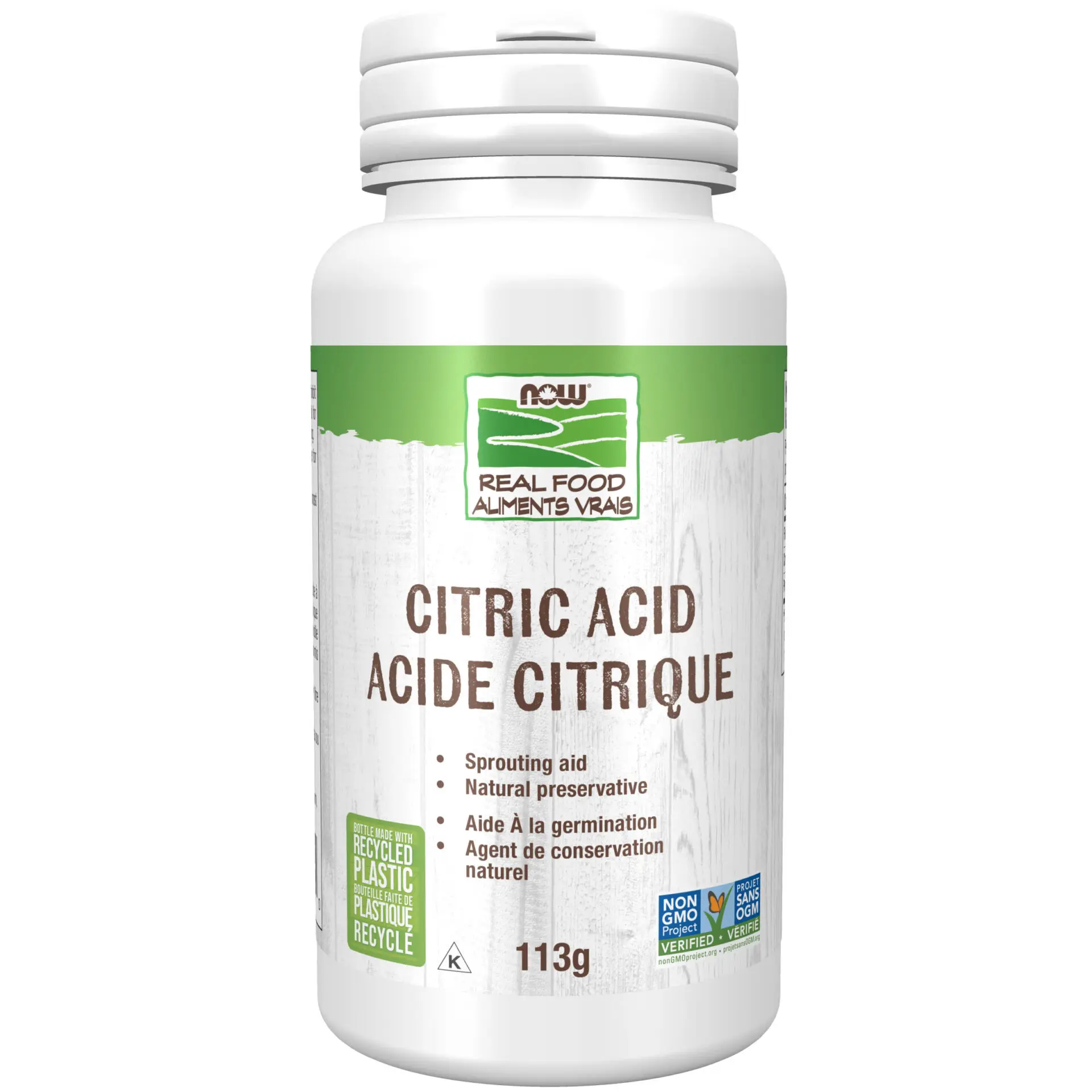


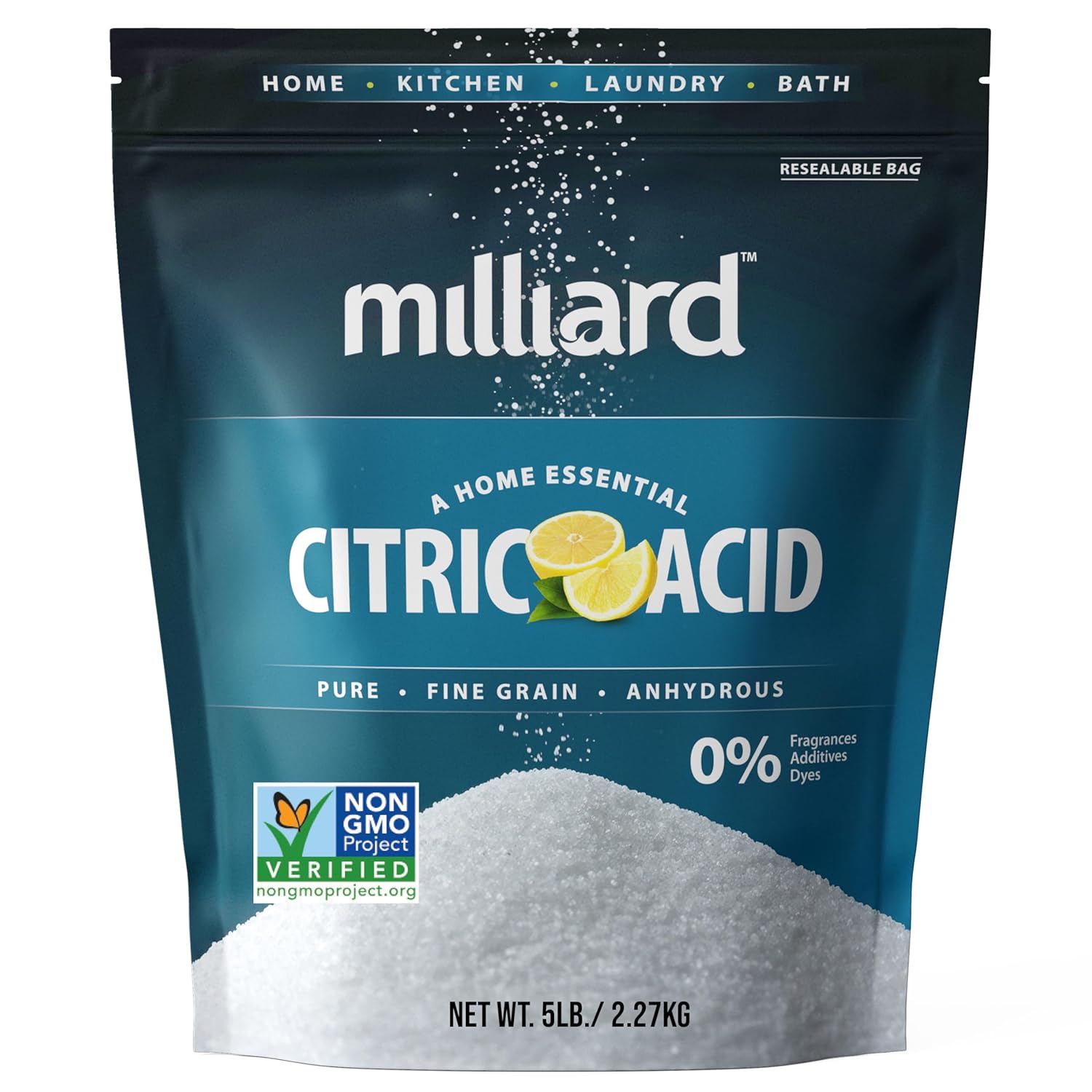
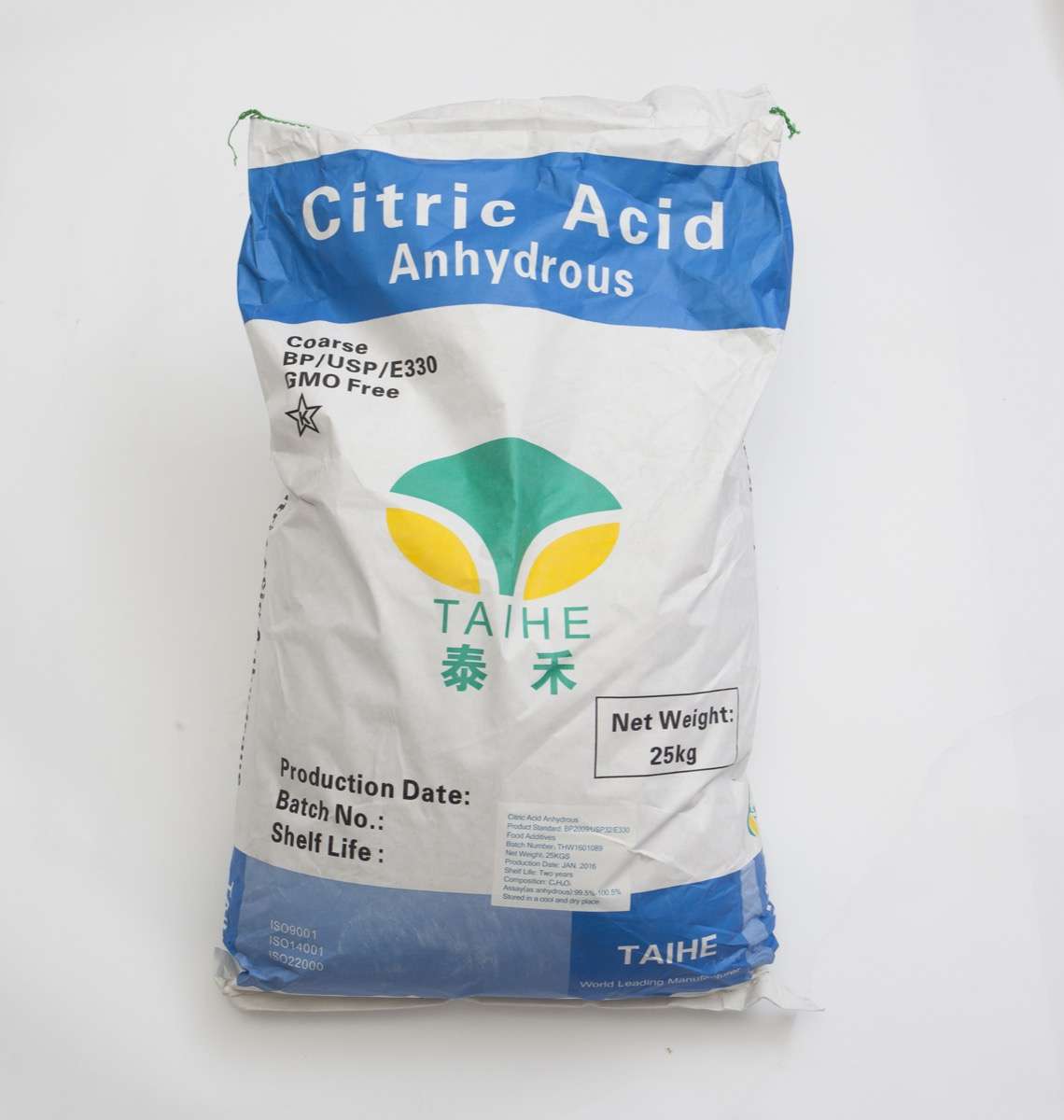
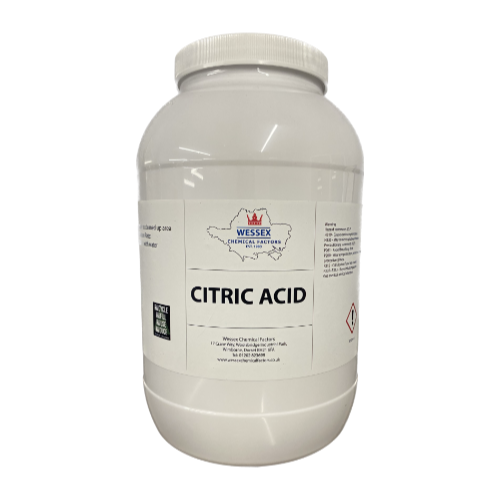
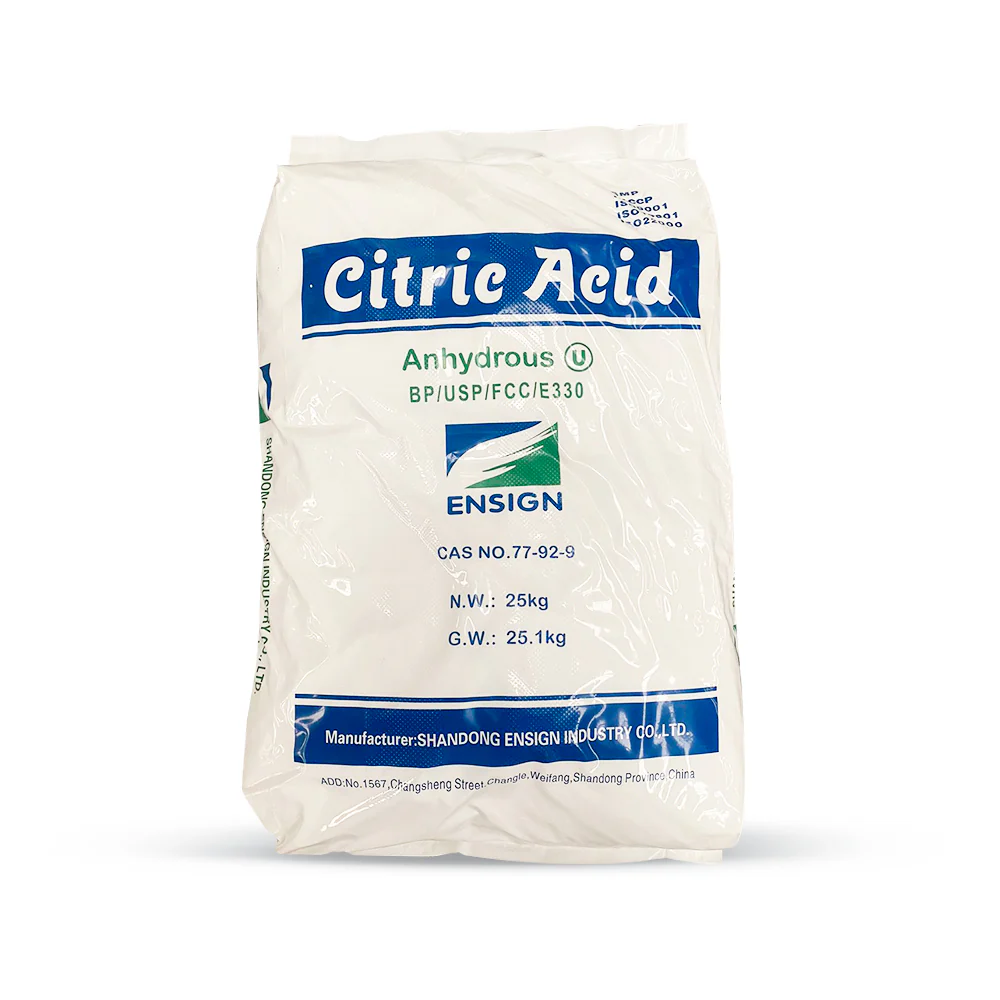
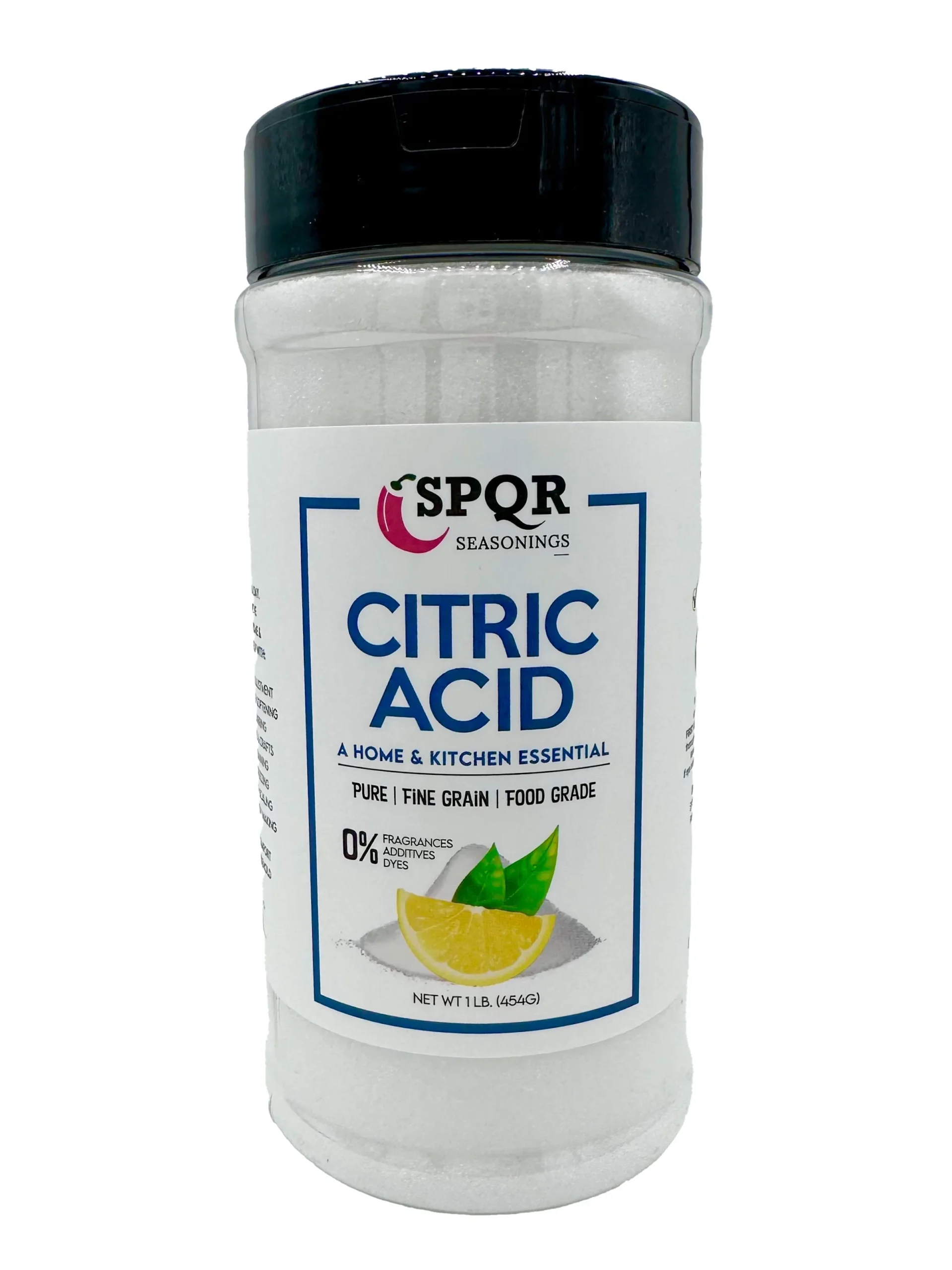
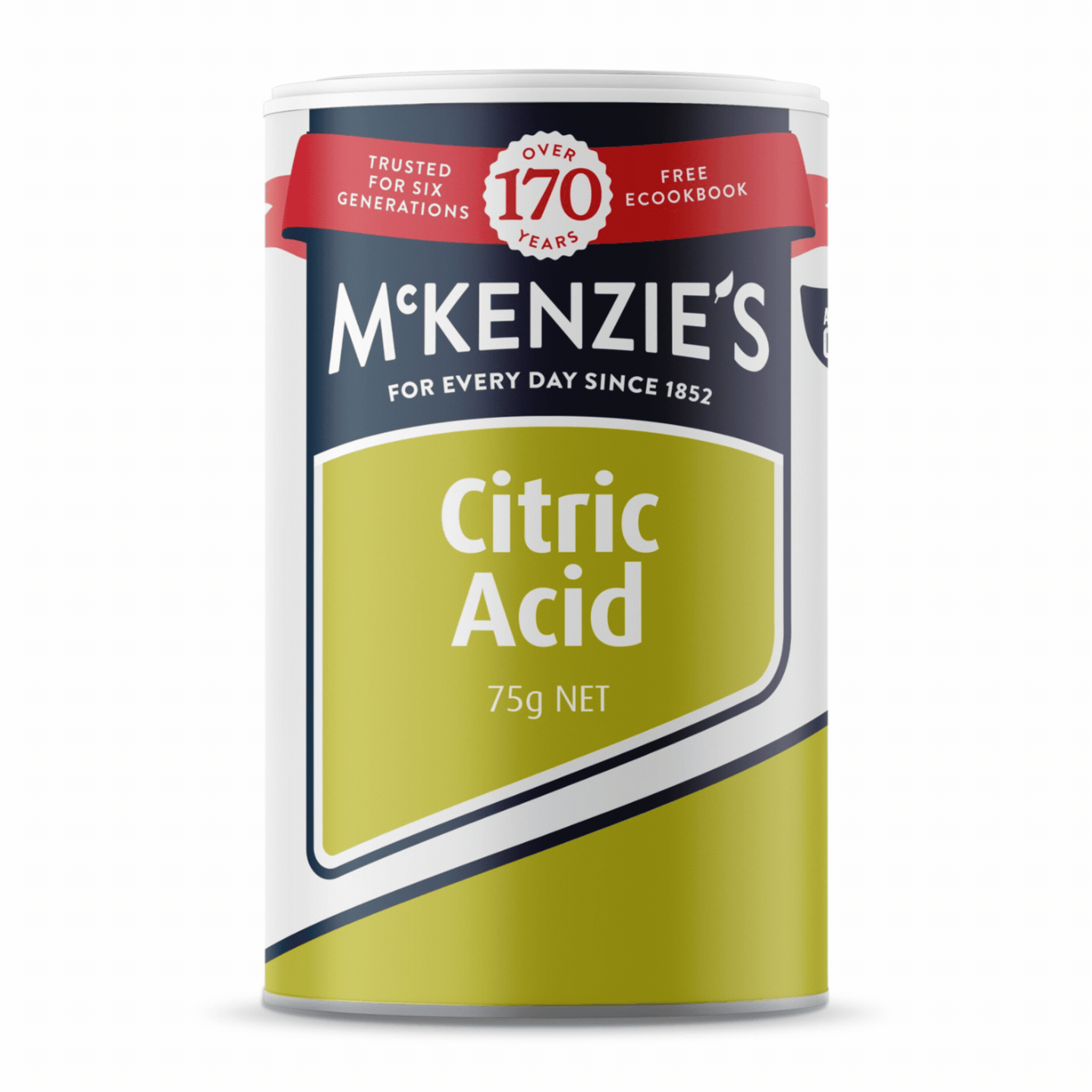


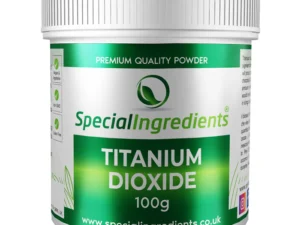

Reviews
There are no reviews yet.